
SCARS Institute’s Encyclopedia of Scams™ Published Continuously for 25 Years

SCARS™ Special Report: Fake Checks Scams
If Someone You Don’t Know Sends You A Check And Asks For Money Back, That’s A Scam
Fake checks drive many types of scams — like those involving phony job and income opportunities, online classified ad sales, and others. In a fake check scam, a person you don’t know asks you to deposit a check – sometimes for several thousand dollars and usually for more than you are owed — and send some of the money back, often by wire transfers or gift cards, to them or another person. The scammers always have a good story to explain the overpayment. They might say they’re stuck out of the country, they need you to cover taxes or fees, you’ll need to buy supplies, or something else.
By law, banks have to make deposited funds available quickly — you’ll usually see the money in your account within a day or two. But it may take weeks for your bank to learn the check was bad. By that time, the scammer has the money you sent, and you’re stuck paying the bank back.
Over the last several years, the number of fake check scams reported to the FTC has steadily increased, and so have the dollars lost. In its most recent Data Spotlight, Don’t bank on a “cleared” check, the FTC reports that consumers lost more than $28 million to fake check scams in 2019 alone. The median loss reported was $1,988. That’s more than six times the median loss on all frauds tracked by the FTC. What’s more, reports about fake check scams are up by about 65% over 2015 levels. The FTC found that younger people are hit especially hard. In 2019, people in their twenties were more than twice as likely as people 30 and older to report losing money to a fake check scam.
How to Spot, Avoid and Report Fake Check Scams
In a fake check scam, a person you don’t know asks you to deposit a check— sometimes for several thousand dollars, and usually for more than you are owed — and send some of the money to another person. The scammers always have a good story to explain why you can’t keep all the money. They might say they need you to cover taxes or fees, you’ll need to buy supplies, or something else.
Fake checks come in many forms. They might look like a business or personal checks, cashier’s checks, money orders, or a check delivered electronically. Here’s what you need to know about fake check scams.
Types of Fake Checks Scams
Fake checks are used in many types of scams. Here are some examples:
- Mystery shopping. Scammers pretend to hire people as mystery shoppers and tell them their first assignment is to evaluate a retailer that sells gift cards, money orders, or a money transfer service, like Western Union or MoneyGram. The shopper gets a check with instructions to deposit it in a personal bank account and wire it to someone else. But once the money is wired, the person on the other end can disappear.
- Personal assistants. People apply online and get hired as personal assistants. They get a check and are told to use the money to buy gift cards or to buy equipment or supplies for their new client. Once the scammers get the gift card PIN numbers, they use them instantly, leaving the “personal assistant” without the money when the bank figures out the check is bad.
- Car wrap decals. People interested in car wrap advertising are told to deposit checks and send money to decal installers — who don’t exist.
- Claiming prizes. Sweepstakes “winners” are given checks and told to send money to cover taxes, shipping and handling charges, or processing fees. But that’s not how legitimate sweepstakes work.
- Overpayments. People buying something from you online “accidentally” send a check for too much and ask you to refund the balance.
Why Do These Scams Work?
These scams work because fake checks generally look just like real checks, even to bank employees. They are often printed with the names and addresses of legitimate financial institutions. They may even be real checks written on bank accounts that belong to identity theft victims. It can take weeks for a bank to figure out that the check is a fake.
Fake Checks and Your Bank
By law, banks have to make deposited funds available quickly, usually within two days. When the funds are made available in your account, the bank may say the check has “cleared,” but that doesn’t mean it’s a good check. Fake checks can take weeks to be discovered and untangled. By that time, the scammer has any money you sent, and you’re stuck paying the money back to the bank.
Your best bet: Don’t rely on money from a check unless you know and trust the person you’re dealing with.
How to Avoid a Fake Check Scam
- Never use money from a check to send gift cards, money orders, or wire money to strangers or someone you just met. Many scammers demand that you send money through money transfer services like Western Union or MoneyGram, or buy gift cards and send them the PIN numbers. Once you wire money or give someone the gift card PINs, it is like giving someone cash. It’s almost impossible to get it back.
- Toss offers that ask you to pay for a prize. If it’s free, you shouldn’t have to pay to get it.
- Don’t accept a check for more than the selling price. You can bet it’s a scam.
DON’T BANK ON A “CLEARED” CHECK
Fake check scams take advantage of what we don’t know about how banks handle check deposits. Scammers do know, and they trick people into sending them money before the bank spots the fake. The FTC’s Consumer Sentinel Network database shows that people reported more than 27,000 fake check scams in 2019, with reported losses topping $28 million dollars. And the data suggest that fake check scams disproportionately harm young adults – especially people in their twenties.
Scammers have various fake check storylines, and job and income opportunities top the list. Last year, about 50% of people who reported a fake check scam to the FTC said they were offered a job or some other way to earn money. Nearly half of those were fake mystery shopping jobs, and many others were phony car-wrap advertising opportunities. In another 18% of the reports, people said they got a fake check as payment for something they were selling online.
Fake check scams have two telltale elements – a check to deposit and a plausible explanation for why you can’t keep all the money. The checks come in many varieties: a business or personal check, a cashier’s check, money order, or even a check delivered electronically. The ploys to get you to send back some of the money also vary. Potential mystery shoppers are told to use some of the money to “evaluate” a retailer by buying gift cards or money orders, or by wiring money through MoneyGram or Western Union. (The scammers make sure to get the gift card PIN number from you, or delay you from canceling the money order.) People who apply online and are hired as “personal assistants” are told to use the money to buy gift cards for the new boss (and, again, to give up those PIN numbers). People interested in car wrap advertising are told to send money to supposed decal installers – who never materialize. People buying something from you online “accidentally” send a check for too much and ask you to refund the balance.
These scams work because, once you deposit a check, you quickly see the funds in your account. Parting with some of that money then feels risk-free. But scammers know that while the law says banks have to make funds from deposited checks available within a day or two, it can take weeks to uncover a fake. Some scammers even tell you to wait for the check to “clear” before sending money. When it ultimately bounces, the bank can take back the amount of the fake check, leaving you on the hook for the money.
Say you deposited a check for $1,000 and sent $600. A while later, the bank finds out the check was fake. It withdraws the full $1,000 from your account. Now, you’re out $600. If you didn’t have money in your account to cover that loss, you also have a negative balance.
The number of reports made directly to the FTC about fake checks are on the rise – they’re up by about 65% over 2015 levels. What’s more, no other fraud among last year’s top ten most frequently reported scams came close to the individual losses people reported on fake check scam last year. The median individual loss reported on fake checks was $1,988, compared to $320 on all fraud types combined. And people reported that the scammers often asked to be paid by gift card or wire transfer. Con artists favor these payment methods because once the money is sent, it is almost impossible to trace or reverse.
Younger people are hit especially hard. Last year, people in their twenties were more than twice as likely as people 30 and older to report losing money on a fake check scam.5 Many college students have reported that the scam started with a message sent to their student email address. Scammers make these emails seem official – they may even impersonate the school’s career services office.
What to Do If You Sent Money to a Scammer
Gift cards are for gifts, not payments. Anyone who demands payment by gift card is always a scammer. If you paid a scammer with a gift card, tell the company that issued the card right away. When you contact the company, tell them the gift card was used in a scam. Ask them if they can refund your money. If you act quickly enough, the company might be able to get your money back. Also, tell the store where you bought the gift card as soon as possible.
Here is a list of gift cards that scammers often use — with information to help report a scam. If the card you used is not on this list, you might find the gift card company’s contact information on the card itself, or you might need to do some research online.
If you wired money to a scammer, call the money transfer company immediately to report the fraud and file a complaint. You can reach the complaint department of MoneyGram at 1-800-MONEYGRAM (1-800-666-3947) or Western Union at 1-800-325-6000. Ask for the money transfer to be reversed. It’s unlikely to happen, but it’s important to ask.
If you paid a scammer with a money order, contact the company that issued the money order right away to see if you can stop payment. Also, try to stop delivery of the money order: if you sent it by U.S. mail, contact the U.S. Postal Inspection Service at 877-876-2455. Otherwise, contact whatever delivery service you used as soon as possible.
Where to Report Fraud
If you think you’ve been targeted by a fake check scam, report it to:
- The Federal Trade Commission
- The U.S. Postal Inspection Service
- Your state Attorney General
- On www.Anyscam.com for worldwide distribution
Source: United States Federal Trade Commission
TAGS: SCARS, Important Article, Information About Scams, Anti-Scam, FTC, Fake Check Scams, Fake Checks
SCARS™ Editorial Team
Society of Citizens Against Relationship Scams Inc.
A Worldwide Crime Victims Assistance Nonprofit Organization
Visit: www.AgainstScams.org
Contact Us: Contact@AgainstScams.org
PLEASE SHARE OUR ARTICLES WITH YOUR FRIENDS & FAMILY
HELP OTHERS STAY SAFE ONLINE – YOUR KNOWLEDGE CAN MAKE THE DIFFERENCE!
The Latest SCARS Posts:
FIND MORE SCAM NEWS
«SCAMCRIME.COM»
JOIN US ON FACEBOOK
«CLICK HERE»
END
MORE INFORMATION
– – –
Tell us about your experiences with Romance Scammers in our
« Scams Discussion Forum on Facebook »
– – –
FAQ: How Do You Properly Report Scammers?
It is essential that law enforcement knows about scams & scammers, even though there is nothing (in most cases) that they can do.
Always report scams involving money lost or where you received money to:
- Local Police – ask them to take an “informational” police report – say you need it for your insurance
- U.S. State Police (if you live in the U.S.) – they will take the matter more seriously and provide you with more help than local police
- Your National Police or FBI « www.IC3.gov »
- The SCARS|CDN™ Cybercriminal Data Network – Worldwide Reporting Network on « www.Anyscam.com »
This helps your government understand the problem, and allows law enforcement to add scammers on watch lists worldwide.
– – –
To learn more about SCARS visit « www.AgainstScams.org »
Please be sure to report all scammers
on « www.Anyscam.com »
Disclaimer:
SCARS IS A DIGITAL PUBLISHER AND DOES NOT OFFER HEALTH OR MEDICAL ADVICE, LEGAL ADVICE, FINANCIAL ADVICE, OR SERVICES THAT SCARS IS NOT LICENSED OR REGISTERED TO PERFORM.
IF YOU’RE FACING A MEDICAL EMERGENCY, CALL YOUR LOCAL EMERGENCY SERVICES IMMEDIATELY, OR VISIT THE NEAREST EMERGENCY ROOM OR URGENT CARE CENTER. YOU SHOULD CONSULT YOUR HEALTHCARE PROVIDER BEFORE FOLLOWING ANY MEDICALLY RELATED INFORMATION PRESENTED ON OUR PAGES.
ALWAYS CONSULT A LICENSED ATTORNEY FOR ANY ADVICE REGARDING LEGAL MATTERS.
A LICENSED FINANCIAL OR TAX PROFESSIONAL SHOULD BE CONSULTED BEFORE ACTING ON ANY INFORMATION RELATING TO YOUR PERSONAL FINANCES OR TAX RELATED ISSUES AND INFORMATION.
This content and other material contained on the website, apps, newsletter, and products (“Content”), is general in nature and for informational purposes only and does not constitute medical, legal, or financial advice; the Content is not intended to be a substitute for licensed or regulated professional advice. Always consult your doctor or other qualified healthcare provider, lawyer, financial or tax professional with any questions you may have regarding the educational information contained herein. SCARS makes no guarantees about the efficacy of information described on or in SCARS’s Content. The information contained are subject to change and are not intended to cover all possible situations or effects. SCARS does not recommend or endorse any specific professional or care provider, product, service, or other information that may be mentioned in SCARS’s websites, apps, and Content unless explicitly identified as such.
The disclaimers herein are provided on this page for ease of reference. These disclaimers supplement and are a part of SCARS’s websites Terms of Use.
Legal Notices:
All original content is Copyright © 1991 – 2020 Society of Citizens Against Relationship Scams Inc. (D.B.A SCARS) All Rights Reserved Worldwide & Webwide. Third-party copyrights acknowledge.
SCARS, SCARS|INTERNATIONAL, SCARS, SCARS|SUPPORT, SCARS, RSN, Romance Scams Now, SCARS|WORLDWIDE, SCARS|GLOBAL, SCARS, Society of Citizens Against Relationship Scams, Society of Citizens Against Romance Scams, SCARS|ANYSCAM, Project Anyscam, Anyscam, SCARS|GOFCH, GOFCH, SCARS|CHINA, SCARS|CDN, SCARS|UK, SCARS|LATINOAMERICA, SCARS|MEMBER, SCARS|VOLUNTEER, SCARS Cybercriminal Data Network, Cobalt Alert, Scam Victims Support Group, are all trademarks of Society of Citizens Against Relationship Scams Inc.
Contact the law firm for the Society of Citizens Against Relationship Scams Incorporated by email at legal@AgainstScams.org
-/ 30 /-
What do you think about this?
Please share your thoughts in a comment below!
Table of Contents
- If Someone You Don’t Know Sends You A Check And Asks For Money Back, That’s A Scam
- How to Spot, Avoid and Report Fake Check Scams
- Why Do These Scams Work?
- Fake Checks and Your Bank
- How to Avoid a Fake Check Scam
- What to Do If You Sent Money to a Scammer
- Where to Report Fraud
- Ethereum ETHM Token Trap and Pig Butchering Scams – 2026
- New U.S. Law – S.3643 – 118th Congress – Will Dramatically Impact Scammers and Terrorists – 2026
- How Scam Survivors Can Survive Valentine’s Day – 2026
- U.S. Veterans Benefits Scams – 2026
- New AI Voice Cloning Phone Scams – 2026
- An Essay on Justice and Money Recovery – 2026
LEAVE A COMMENT?
Recent Comments
On Other Articles
- Arwyn Lautenschlager on Love Bombing And How Romance Scam Victims Are Forced To Feel: “I was love bombed to the point that I would do just about anything for the scammer(s). I was told…” Feb 11, 14:24
- on Dani Daniels (Kira Lee Orsag): Another Scammer’s Favorite: “You provide a valuable service! I wish more people knew about it!” Feb 10, 15:05
- on Danielle Delaunay/Danielle Genevieve – Stolen Identity/Stolen Photos – Impersonation Victim UPDATED 2024: “We highly recommend that you simply turn away form the scam and scammers, and focus on the development of a…” Feb 4, 19:47
- on The Art Of Deception: The Fundamental Principals Of Successful Deceptions – 2024: “I experienced many of the deceptive tactics that romance scammers use. I was told various stories of hardship and why…” Feb 4, 15:27
- on Danielle Delaunay/Danielle Genevieve – Stolen Identity/Stolen Photos – Impersonation Victim UPDATED 2024: “Yes, I’m in that exact situation also. “Danielle” has seriously scammed me for 3 years now. “She” (he) doesn’t know…” Feb 4, 14:58
- on An Essay on Justice and Money Recovery – 2026: “you are so right I accidentally clicked on online justice I signed an agreement for 12k upfront but cd only…” Feb 3, 08:16
- on The SCARS Institute Top 50 Celebrity Impersonation Scams – 2025: “Quora has had visits from scammers pretending to be Keanu Reeves and Paul McCartney in 2025 and 2026.” Jan 27, 17:45
- on Scam Victims Should Limit Their Exposure To Scam News & Scammer Photos: “I used to look at scammers photos all the time; however, I don’t feel the need to do it anymore.…” Jan 26, 23:19
- on After A Scam, No One Can Tell You How You Will React: “This article was very informative, my scams happened 5 years ago; however, l do remember several of those emotions and/or…” Jan 23, 17:17
- on Situational Awareness and How Trauma Makes Scam Victims Less Safe – 2024: “I need to be more observant and I am practicing situational awareness. I’m saving this article to remind me of…” Jan 21, 22:55
ARTICLE META
Important Information for New Scam Victims
- Please visit www.ScamVictimsSupport.org – a SCARS Website for New Scam Victims & Sextortion Victims
- Enroll in FREE SCARS Scam Survivor’s School now at www.SCARSeducation.org
- Please visit www.ScamPsychology.org – to more fully understand the psychological concepts involved in scams and scam victim recovery
If you are looking for local trauma counselors please visit counseling.AgainstScams.org or join SCARS for our counseling/therapy benefit: membership.AgainstScams.org
If you need to speak with someone now, you can dial 988 or find phone numbers for crisis hotlines all around the world here: www.opencounseling.com/suicide-hotlines
A Note About Labeling!
We often use the term ‘scam victim’ in our articles, but this is a convenience to help those searching for information in search engines like Google. It is just a convenience and has no deeper meaning. If you have come through such an experience, YOU are a Survivor! It was not your fault. You are not alone! Axios!
A Question of Trust
At the SCARS Institute, we invite you to do your own research on the topics we speak about and publish, Our team investigates the subject being discussed, especially when it comes to understanding the scam victims-survivors experience. You can do Google searches but in many cases, you will have to wade through scientific papers and studies. However, remember that biases and perspectives matter and influence the outcome. Regardless, we encourage you to explore these topics as thoroughly as you can for your own awareness.
Statement About Victim Blaming
SCARS Institute articles examine different aspects of the scam victim experience, as well as those who may have been secondary victims. This work focuses on understanding victimization through the science of victimology, including common psychological and behavioral responses. The purpose is to help victims and survivors understand why these crimes occurred, reduce shame and self-blame, strengthen recovery programs and victim opportunities, and lower the risk of future victimization.
At times, these discussions may sound uncomfortable, overwhelming, or may be mistaken for blame. They are not. Scam victims are never blamed. Our goal is to explain the mechanisms of deception and the human responses that scammers exploit, and the processes that occur after the scam ends, so victims can better understand what happened to them and why it felt convincing at the time, and what the path looks like going forward.
Articles that address the psychology, neurology, physiology, and other characteristics of scams and the victim experience recognize that all people share cognitive and emotional traits that can be manipulated under the right conditions. These characteristics are not flaws. They are normal human functions that criminals deliberately exploit. Victims typically have little awareness of these mechanisms while a scam is unfolding and a very limited ability to control them. Awareness often comes only after the harm has occurred.
By explaining these processes, these articles help victims make sense of their experiences, understand common post-scam reactions, and identify ways to protect themselves moving forward. This knowledge supports recovery by replacing confusion and self-blame with clarity, context, and self-compassion.
Additional educational material on these topics is available at ScamPsychology.org – ScamsNOW.com and other SCARS Institute websites.
Psychology Disclaimer:
All articles about psychology and the human brain on this website are for information & education only
The information provided in this article is intended for educational and self-help purposes only and should not be construed as a substitute for professional therapy or counseling.
While any self-help techniques outlined herein may be beneficial for scam victims seeking to recover from their experience and move towards recovery, it is important to consult with a qualified mental health professional before initiating any course of action. Each individual’s experience and needs are unique, and what works for one person may not be suitable for another.
Additionally, any approach may not be appropriate for individuals with certain pre-existing mental health conditions or trauma histories. It is advisable to seek guidance from a licensed therapist or counselor who can provide personalized support, guidance, and treatment tailored to your specific needs.
If you are experiencing significant distress or emotional difficulties related to a scam or other traumatic event, please consult your doctor or mental health provider for appropriate care and support.
Also read our SCARS Institute Statement about Professional Care for Scam Victims – click here to go to our ScamsNOW.com website.


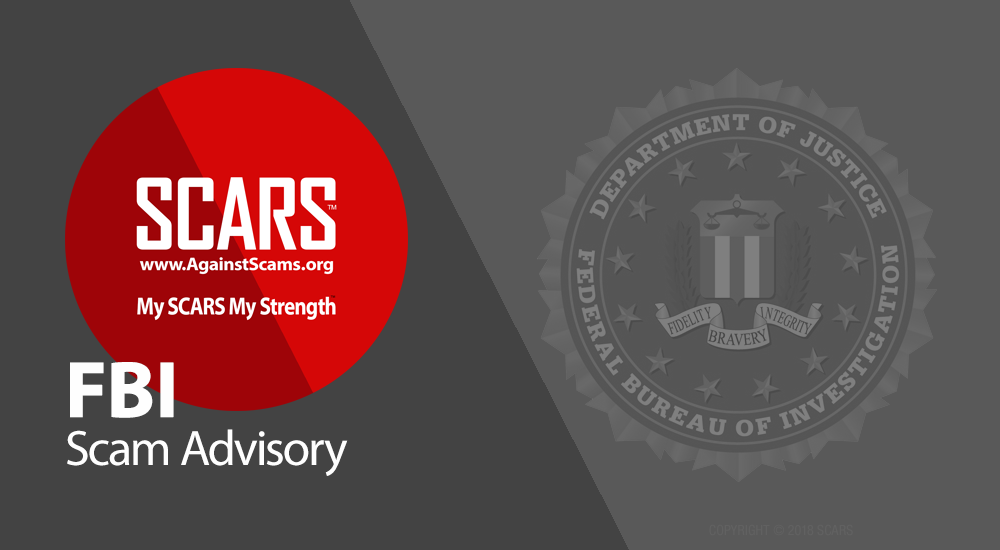
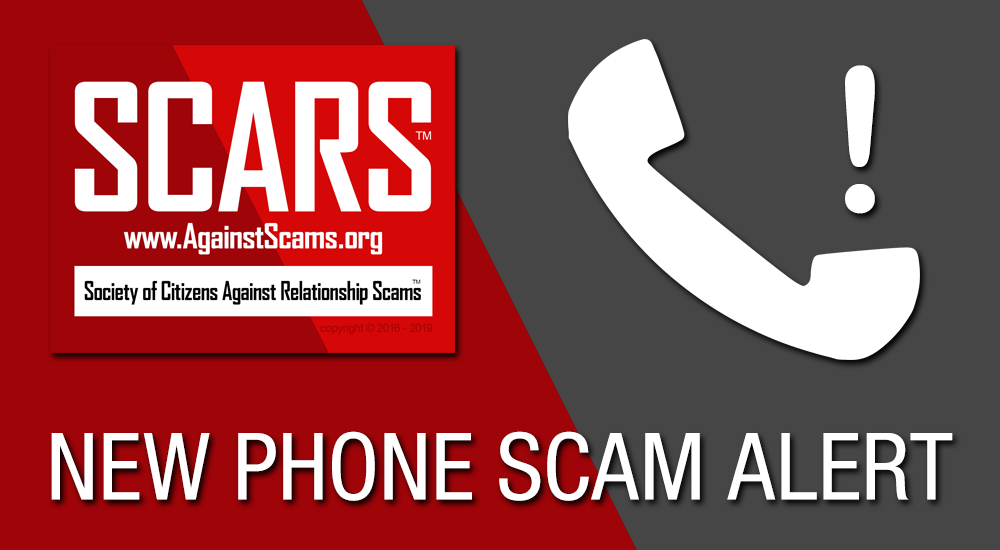
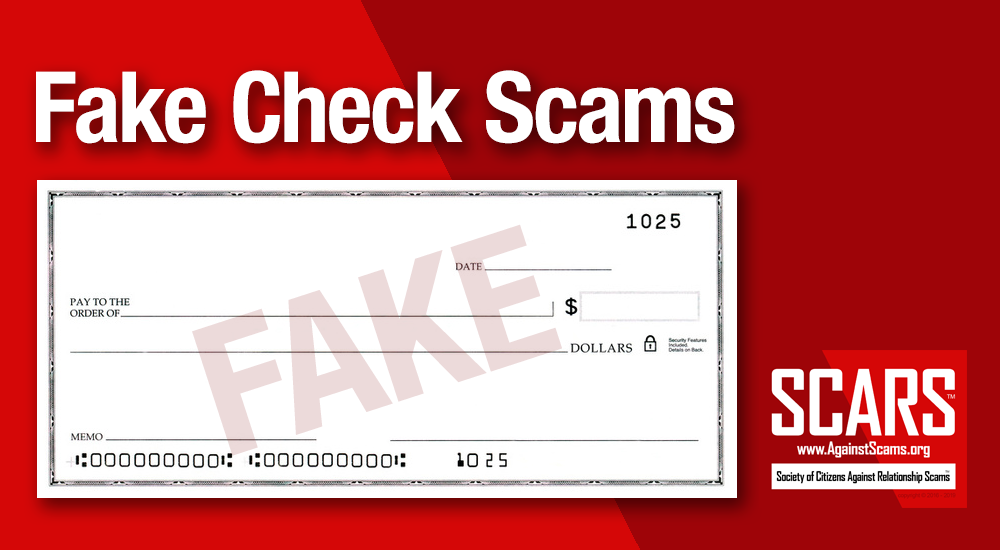


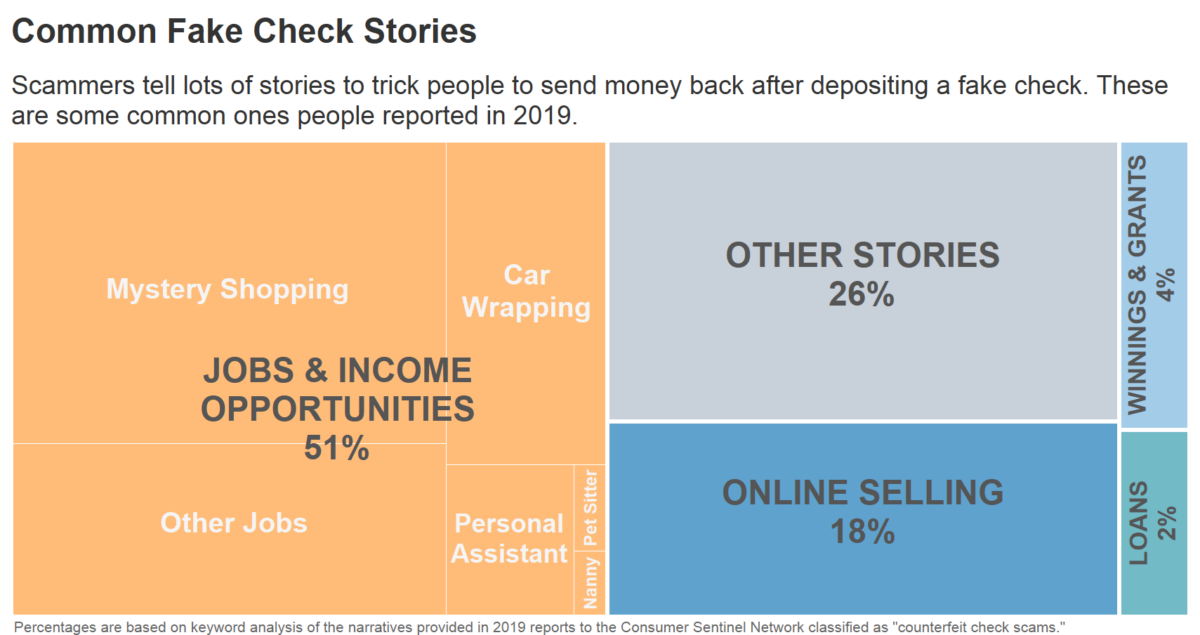







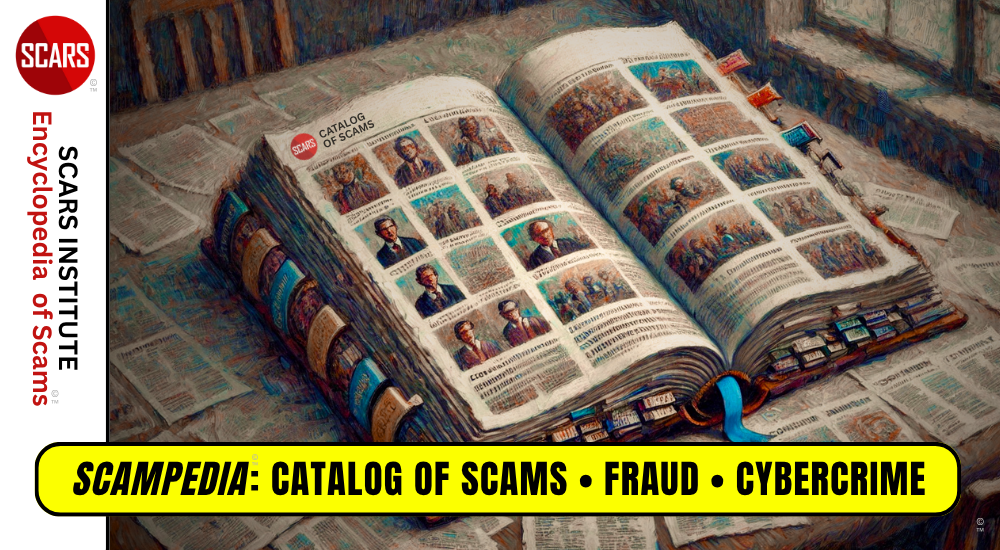
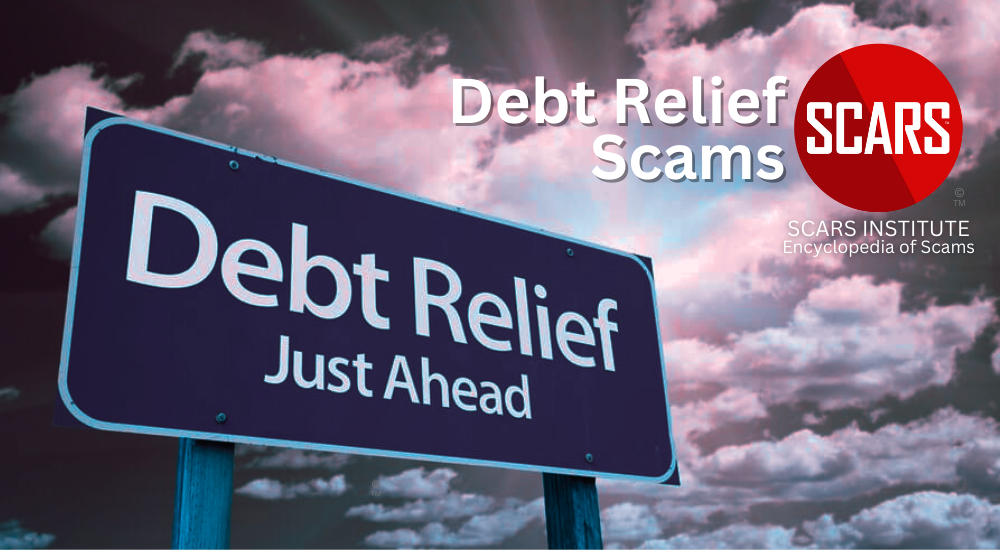
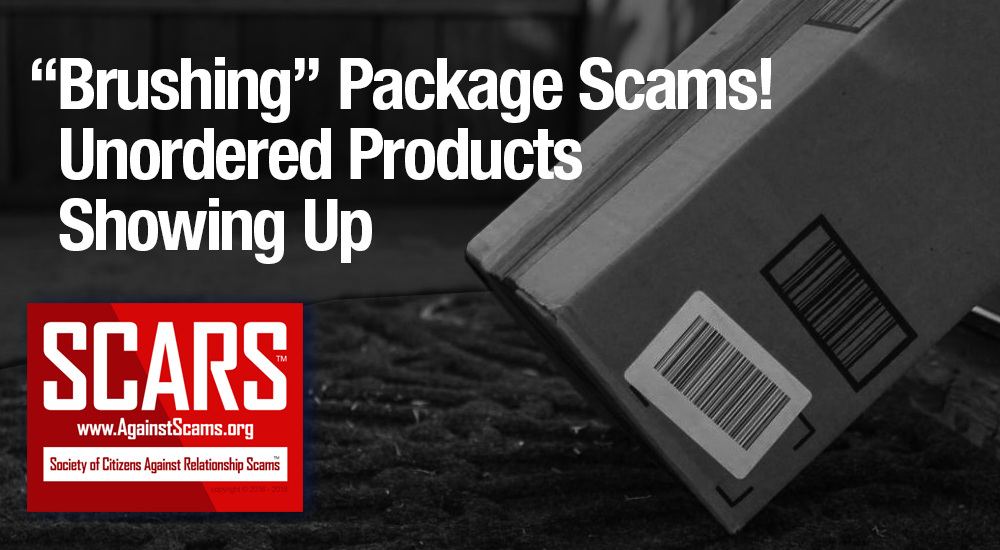

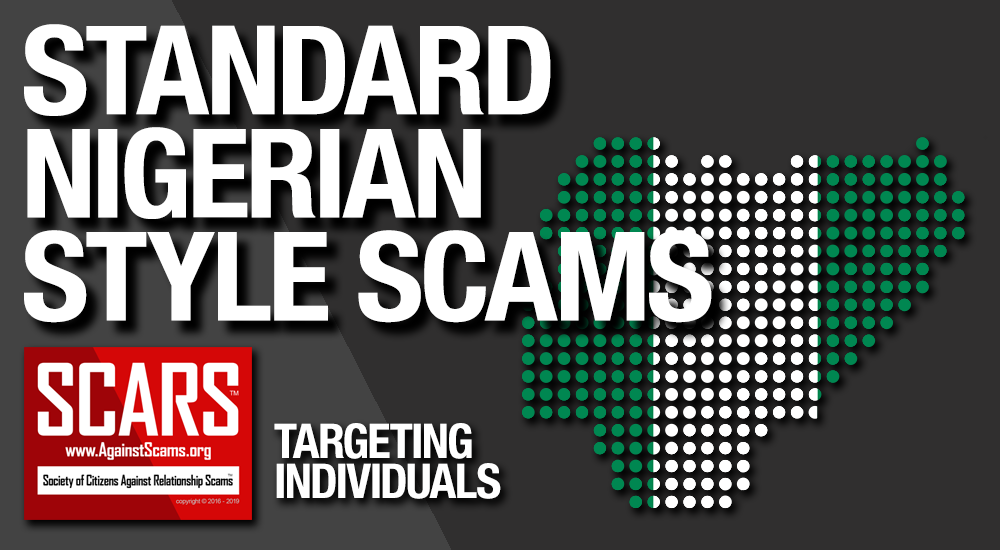
![SCARS™ Insight: Social Engineering Email Scams - Red Flags [Infographic] Anti Scam infographic Anti-Scam-infographic](https://romancescamsnow.com/wp-content/uploads/2014/02/Anti-Scam-infographic.png)




Thank you for your comment. You may receive an email to follow up. We never share your data with marketers.